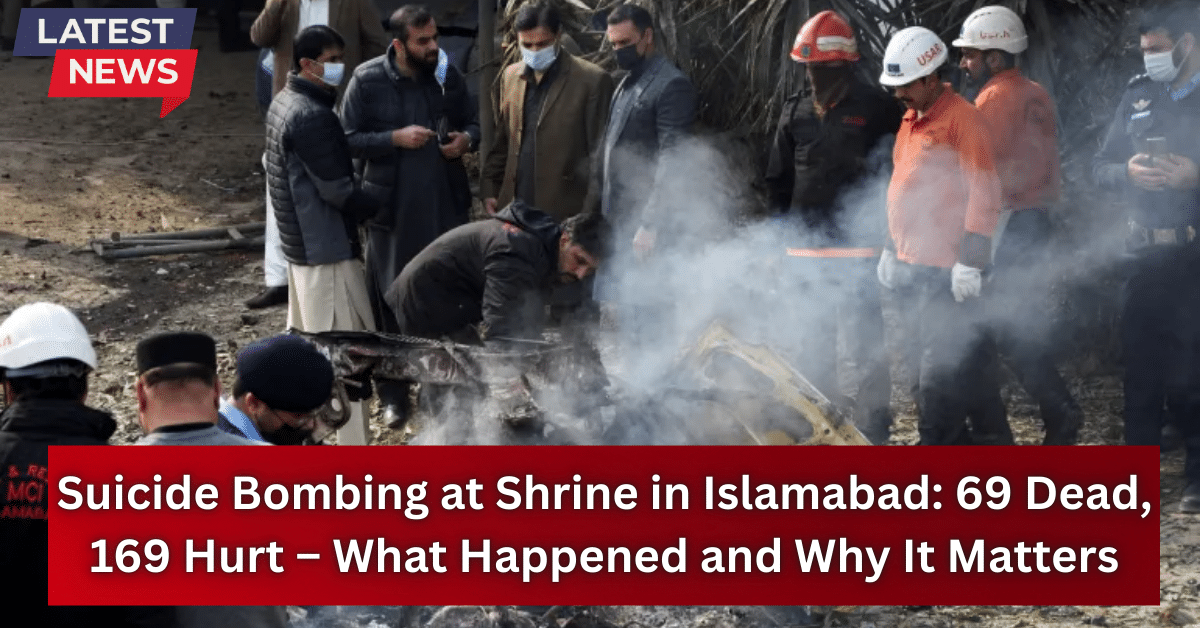Delhi High Court Modi Degree Ruling: Case Overview
The Delhi High Court Modi degree ruling has quashed the Central Information Commission (CIC) order directing Delhi University (DU) to disclose Prime Minister Narendra Modi’s 1978 Bachelor of Arts degree records. Justice Sachin Datta ruled on 25 August 2025 that Delhi University student records are held in fiduciary capacity and cannot be disclosed under the Right to Information Act (RTI) unless a compelling public interest is demonstrated. This decision not only resolves the long-running Modi BA degree controversy but also sets a precedent for academic data privacy in India.
Key Points of the Delhi HC Judgment
- CIC Order Quashed – The High Court set aside the 2016 CIC directive that required DU to reveal details of all BA students from 1978.
- Privacy Reinforced – Academic records were held to be private information protected under the Constitution and RTI exemptions.
- Public Interest Clarified – Mere public curiosity does not qualify as “public interest” under the RTI Act.
- Fiduciary Relationship Recognised – Universities hold student records in trust, and disclosure without consent breaches this fiduciary duty.
- National Precedent – The ruling binds lower courts and sets a nationwide standard for handling educational data requests.
Table of Contents
Background of the Case
- 2016 – A citizen named Neeraj filed an RTI request seeking Delhi University’s 1978 BA graduate list, linked to Modi’s BA degree controversy.
- 2016 – The CIC order on Modi’s degree directed DU to disclose the records, calling the Prime Minister’s academic background a matter of “great public importance.”
- 2017 – The Delhi High Court stayed the CIC order, after DU argued that student records confidentiality is protected by fiduciary trust.
- 25 August 2025 – The High Court delivered its final judgment, quashing the CIC order and reinforcing academic data privacy in India.
Why This Ruling Matters
1. Reinforced Academic Data Privacy
The court’s decision protects student records, ensuring universities cannot be compelled to disclose them without valid legal grounds.
2. Impact on RTI Usage
The judgment clarifies that the RTI Act cannot be used as a blanket tool to demand personal educational details, even of public figures, unless an overriding public interest exists.
3. Global Alignment
Experts note that the decision aligns India’s higher education sector with global privacy laws such as the GDPR in Europe, strengthening trust in Indian institutions.
Also Look: India’s Agni V Missile Test Successful
Expert Insights
Legal and education policy experts highlight that the Delhi High Court’s ruling brings India’s higher education governance closer to global privacy standards. The judgment reinforces that universities must treat student records as highly confidential, adopting strong data governance frameworks and privacy-by-design principles.
Observers also note that the decision aligns with international norms such as the GDPR in Europe, signaling India’s commitment to protecting academic data. For students, this means stricter safeguards on transcripts and enrollment records, while universities will be expected to modernize their data systems with encryption, role-based access, and audit trails.
Practical Implications for Students
- Secure Your Records – Store transcripts and certificates digitally with encryption.
- Controlled Sharing – Share only when required, preferably through certified copies.
- Registrar as Gatekeeper – All third-party requests must go through the registrar, with explicit student consent.
Technology & Policy Outlook
- Universities may soon appoint Data Protection Officers (DPOs).
- The Ministry of Education is expected to draft a National Student Data Protection Framework.
- EdTech & SaaS vendors offering student information systems (SIS) must embed privacy features like audit trails, access control, and data minimisation.
Looking Ahead
The Delhi HC verdict not only safeguards the Prime Minister’s academic records but also creates a strong legal shield for all students in India. By emphasising privacy, fiduciary trust, and proper legal authorisation, the ruling is likely to trigger new policies and compliance standards across universities, aligning India with global best practices in academic data privacy.
FAQs
Q1: What did the Delhi High Court decide about PM Modi’s degree case?
The Delhi High Court set aside the CIC order that directed Delhi University to disclose Prime Minister Narendra Modi’s 1978 BA degree records. The court ruled that student records are private and cannot be disclosed under RTI without a compelling public interest.
Q2: Why did the CIC want Delhi University to disclose the records?
In 2016, the CIC directed DU to share the 1978 BA student list, citing that the Prime Minister’s academic background was of “great public importance.”
Q3: Why did Delhi University oppose the CIC order?
Delhi University argued that academic records are kept in fiduciary trust and are not meant for public disclosure, stressing that simple curiosity cannot be treated as “public interest” under the RTI Act.
Q4: Who represented Delhi University in the case?
Solicitor General Tushar Mehta represented Delhi University, defending the confidentiality of student records.
Q5: When did the case begin, and what was the timeline?
2016: An RTI was filed requesting the list of BA graduates from 1978.
2016: The CIC ordered Delhi University to disclose the records.
2017: The Delhi High Court put the CIC order on hold.
25 August 2025: The High Court finally struck down the CIC directive.







